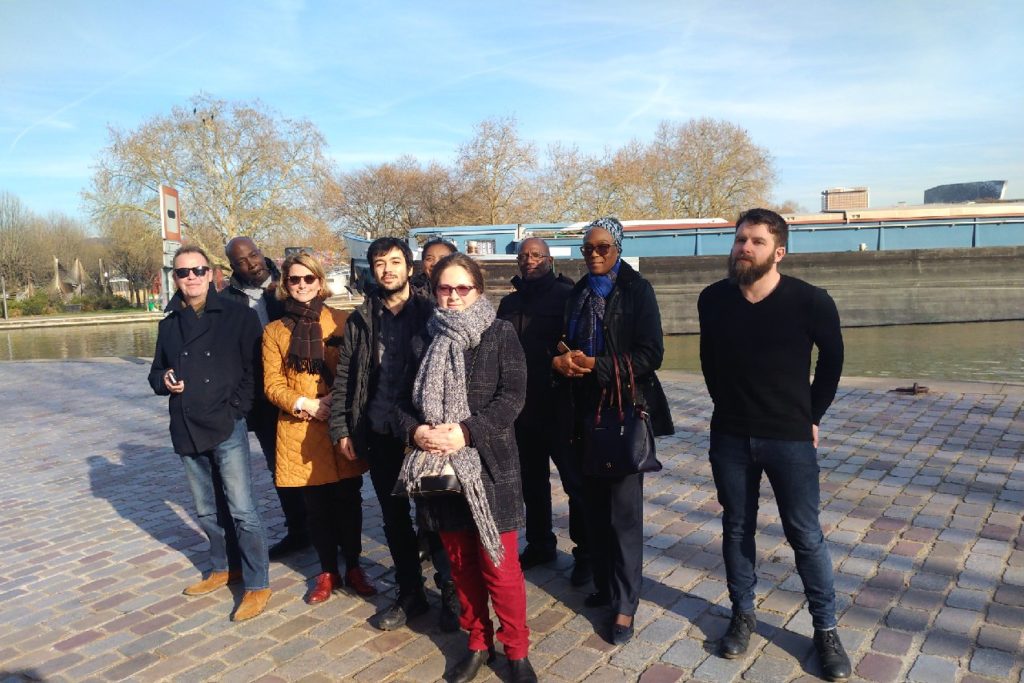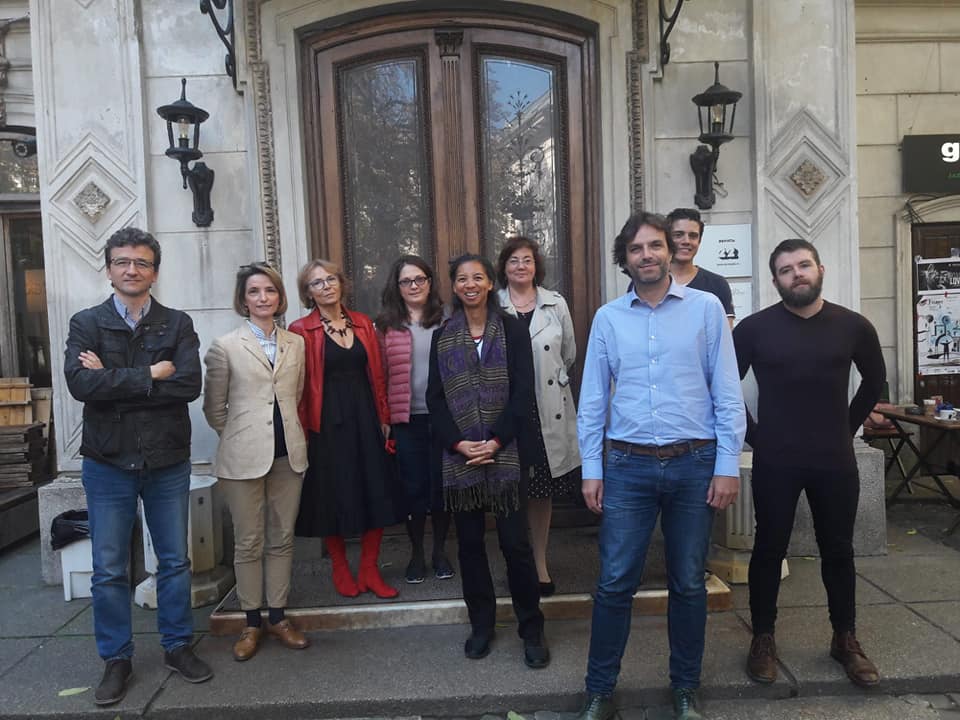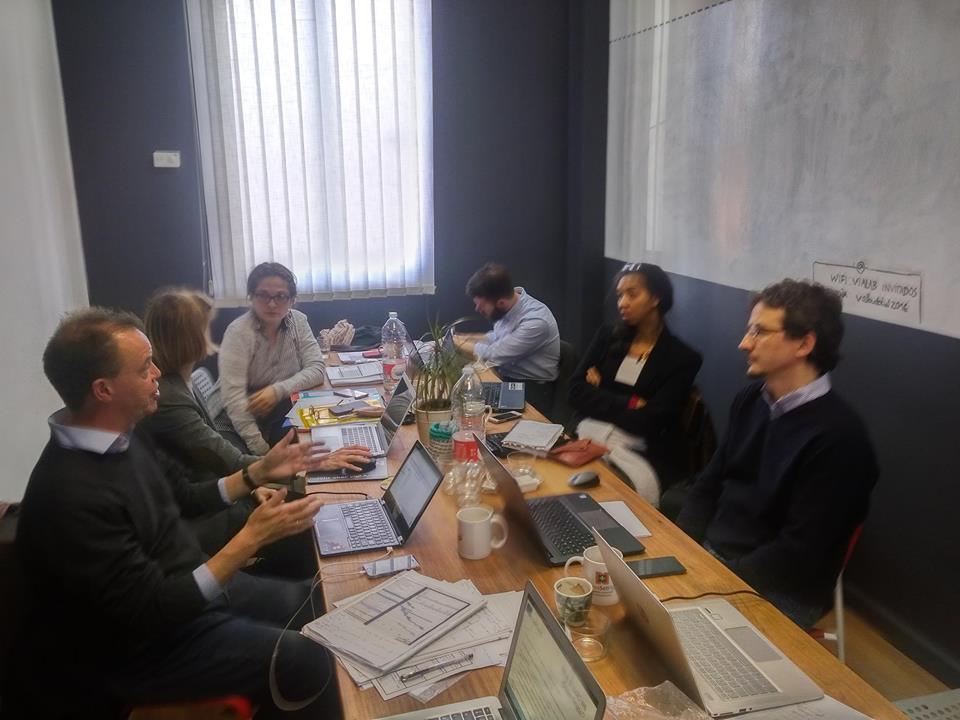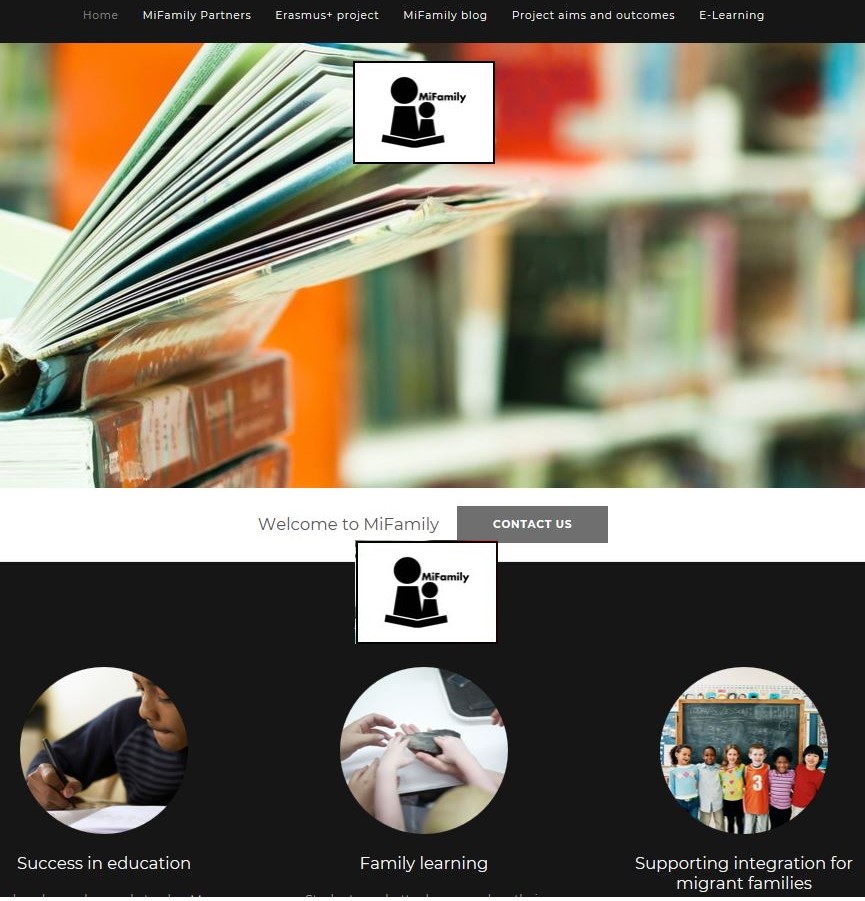Education systems can act as an important socialisation mechanism for families from migrant backgrounds and host communities to foster mutual understanding, respect and trust. But many education systems struggle to provide the language training necessary for migrants to succeed in their new communities.
Thanks to European funds we are able to learn from best practice around the world. Through the MiFamily Project we are developing and piloting new approaches.

Teachers have a large role to play. Teachers in many EU states feel they need more professional development in teaching in multicultural settings. Children in migrant families are key actors in the process of integration, as they broker communication between members of the host community and their own families. While teachers are critical to migrant students’ success in schools, so to are their parents.
Students are better learners when their parents are involved in their education. While migrant parents often have high aspirations for their children, they can also face multiple obstacles to becoming involved in their child/ren’s schooling, including language barriers, insufficient understanding of how schools in the host country function, lack of time or money to invest in their child/ren’s education. They may also feel alienated and unwelcome, and have encountered discrimination or abuse. Communities and schools that host children who have newly-arrived from migrant backgrounds need to find ways to communicate with their parents who will have different experiences of education, may speak the host country’s language as an additional language, and need to develop their understanding of the host country’s school system.
An insufficiently explored approach to involve migrant parents in the education of their children is the Family Learning pedagogical approach. Family learning is any learning that includes more than one generation of a family (including extended families and carers). The learning may be informal, through events such as family fun days, or more formal. Family learning courses are delivered in settings such as schools, children’s centres and community centres. Family learning is an effective way of providing adults with the skills and knowledge to support their children’s education. It also provides a non-threatening route into learning for adults. The courses aim to help parents support their children’s education – usually focusing on numeracy, literacy and/or language skills.
The aim of MIFAMILY project is to strength the integration of students from migrant backgrounds into schools and guide their success in education by providing training, coaching and guidance on Family Learning methods and resources to overcome language barriers and foster active involvement of parents in their children’s education. The project seeks to equip teachers, school leaders and educators with the necessary skills and innovative tools to support migrant families and in the process strengthen collaboration between schools, families, and other external stakeholders.
To do so, seven organisations supporting schools and migrant families from five countries (France, Ireland, Romania, Spain and United Kingdom) are working together to co-create and test innovative methods and freely accessible OER, including a Training Curriculum (IO1) an Online Platform of OER (IO2) and Guidelines and Recommendations (IO3) on Family Learning at school for children from migrant backgrounds. Find out more about our partners by visiting the MiFamily Project website.
Find more detail on the MiFamily Project intellectual outcomes on the project website.
Access the OER tools and training online and at our multiplier conferences.

Transnational Project Meeting – Paris 
Transnational Project Meeting – Bucharest 
Transnational Project Meeting – Valladolid 
The project uses European frameworks and instruments, like EQF Europass and SchoolEducationGateway, to boost transparency and recognition of learning outcomes on Family Learning for Migrants at School, with the active support of a network of key associated partners and relevant stakeholders. We hope that MiFamily will have a direct impact on target beneficiaries, improving the host country language proficiency of children and parents from migrant backgrounds. Our aim is also to strengthen the school integration and success in education of students from migrant backgroungs. In the target users, we hope to improve the competencies of teachers and educators in Family Learning methods. The long-term impact we envisage is a better integration of students in schools and a improved collaboration between schools, families and other external stakeholders, strengthening the school system in Europe

Leave a Reply
You must be logged in to post a comment.